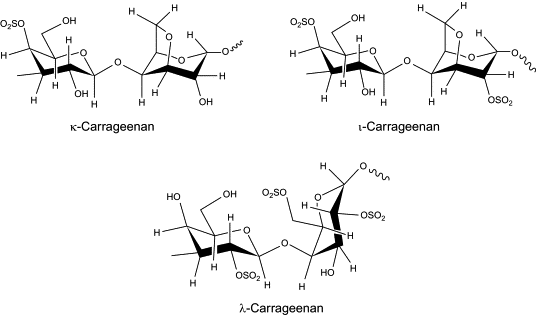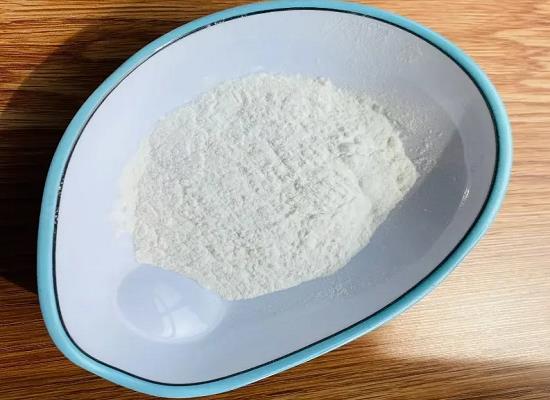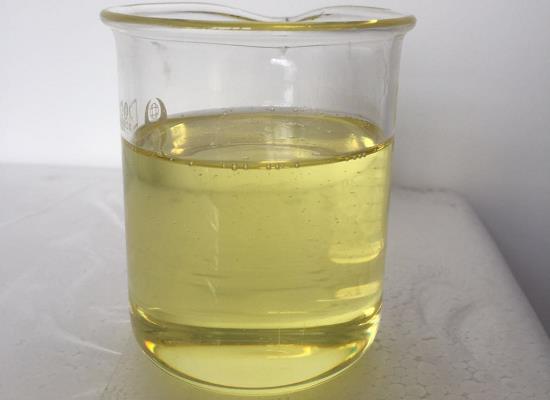Carrageenan and its applications in drug delivery
General Description
Carrageenan is derived from seaweed species such as Chondrus and Eucheuma. The extraction process involves drying the seaweed, washing it to remove impurities, and subjecting it to hot alkali extraction. In drug delivery systems, Carrageenan is used as an extrusion aid for pellet preparation and as a stabilizer for micro/nanoparticles. It can improve the disintegration and drug release of pellets and enhance the stability of protein-stabilized emulsions. Carrageenan can also be used as a coating for nanoemulsions, allowing for temperature-sensitive nanocarriers. Overall, Carrageenan has versatile applications in drug delivery and other industries.
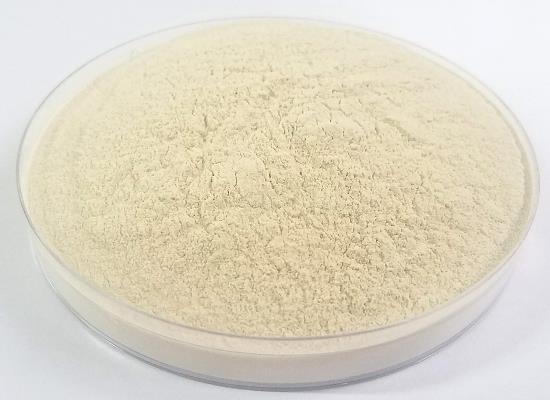
Figure 1. Carrageenan
Sources and production
Carrageenan is derived from various species of seaweed, including Chondrus, Eucheuma, Gigartina, and Hypnea. The process of extracting Carrageenan involves several steps, although specific details are kept as trade secrets by manufacturers. First, the seaweed is dried quickly to prevent degradation and then packaged for transportation to processing facilities. At the facility, the seaweed undergoes a thorough washing process to remove impurities such as sand, salt, and marine life. It is then subjected to a hot alkali extraction process, which releases the Carrageenan from the cell. The Carrageenan is dissolved in a hot solution and goes through a clarification process before being converted into powder form. The extraction parameters, including temperature, pH, and duration, as well as the duration of alkaline pre-treatment, play a significant role in the chemical structure and gelling properties of the Carrageenan. To remove CG from the solution, various methods can be employed. The "freeze-thaw" technique involves gelling the solution with salts, freezing it, and then removing the water through thawing. The resulting mass is then ground to the desired particle size. Another method is the "alcohol precipitation method," where the concentrated Carrageenan solution is mixed with alcohol, causing the CG to precipitate out. The precipitated Carrageenan is dried and ground afterward. The "KCl precipitation" process involves extruding the filtrate through spinnerets into a cold potassium chloride solution, resulting in gel threads that are washed, dried, and milled into Carrageenan powder. Commercial Carrageenan is often standardized by blending different batches and adding salt or sugar to achieve the desired gelling or thickening properties. 1
Applications in various drug delivery systems
As an extrusion aid for the preparation of pellets
Wet extrusion/spheronization is a common technique in the pharmaceutical industry for producing pellets. Microcrystalline cellulose (MCC) is a standard extrusion aid used to achieve desired properties, but it has some disadvantages such as non-disintegration of pellets and incompatibility with some drugs. Therefore, there is a need to find a substitute material for MCC, and at present, Carrageenan is increasingly used as an extrusion aid. Insoluble CG seems to be the most suitable type for extrusion/spheronization, and four process parameters have been systematically evaluated for CG-based pellets. The most spherical pellets were obtained with high yield by using a large number of die holes and a high spheronizer speed. Pellets containing up to 90% drug have been successfully prepared by extrusion-spheronization using MCC or Carrageenan as matrix former. Generally, CG-based pellets own lower tensile strength, faster disintegration and drug release compared to MCC-based pellets. However, the release profile of Carrageenan-based pellets is less affected by the solubility of the drugs, which might be able to overcome the bioavailability problem of poorly soluble drugs. 2
As a stabilizer of micro/nanoparticles
Carrageenan is a commonly used stabilizer in micro/nanoparticle systems. Its effect on protein-stabilized emulsions depends on its concentration and degree of interaction, and can be positive or negative. For instance, whey protein isolate-Carrageenan mixed emulsion systems exhibit significantly higher stability compared to whey protein isolate alone emulsions. In the presence of 150 mM NaCl, Carrageenan improves the stability of lactoglobulin-coated emulsion by preventing droplet flocculation induced by surface denaturation at temperatures below 60 ℃. However, at higher temperatures, the emulsions are highly unstable due to CG desorbing from the droplet surface and the subsequent aggregation induced by thermal denaturation of adsorbed lactoglobulin. In addition, Carrageenan has been used as a stabilizer for nanosuspension systems. Nanosuspensions of compound/CG complexes have been successfully developed with a median particle size of about 0.3 μm. The particle size of the nanosuspension is stable for at least 39 days at room temperature after lyophilization, indicating the potential of Carrageenan as a stabilizer in nanosystems. Furthermore, Carrageenan can be used to coat nanoemulsions stabilized by cationic surfactants, allowing for the exploitation of thermoreversible coil-to-helix transition characteristic of Carrageenan or other galactan polysaccharides as a strategy to develop temperature-sensitive nanocarriers. These findings suggest that Carrageenan is a versatile stabilizer for micro/nanoparticle systems with potential applications in drug delivery and other industries. 2
Reference
1. Rowe RC, Sheskey PJ, Quinn ME. Handbook of pharmaceutical excipients. London: Pharmaceutical Press. 2009.
2. Li L, Ni R, Shao Y, Mao S. Carrageenan and its applications in drug delivery. Carbohydr Polym. 2014, 103:1-11.
);You may like
Lastest Price from CARRAGEENAN manufacturers
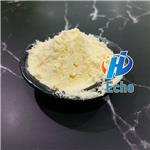
US $10.00/kg2024-04-27
- CAS:
- 9000-07-1
- Min. Order:
- 1kg
- Purity:
- 99.7%
- Supply Ability:
- 200000kg
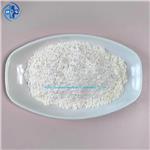
US $12.82/kg2023-11-27
- CAS:
- 9000-07-1
- Min. Order:
- 1kg
- Purity:
- 99%
- Supply Ability:
- 1000kg


